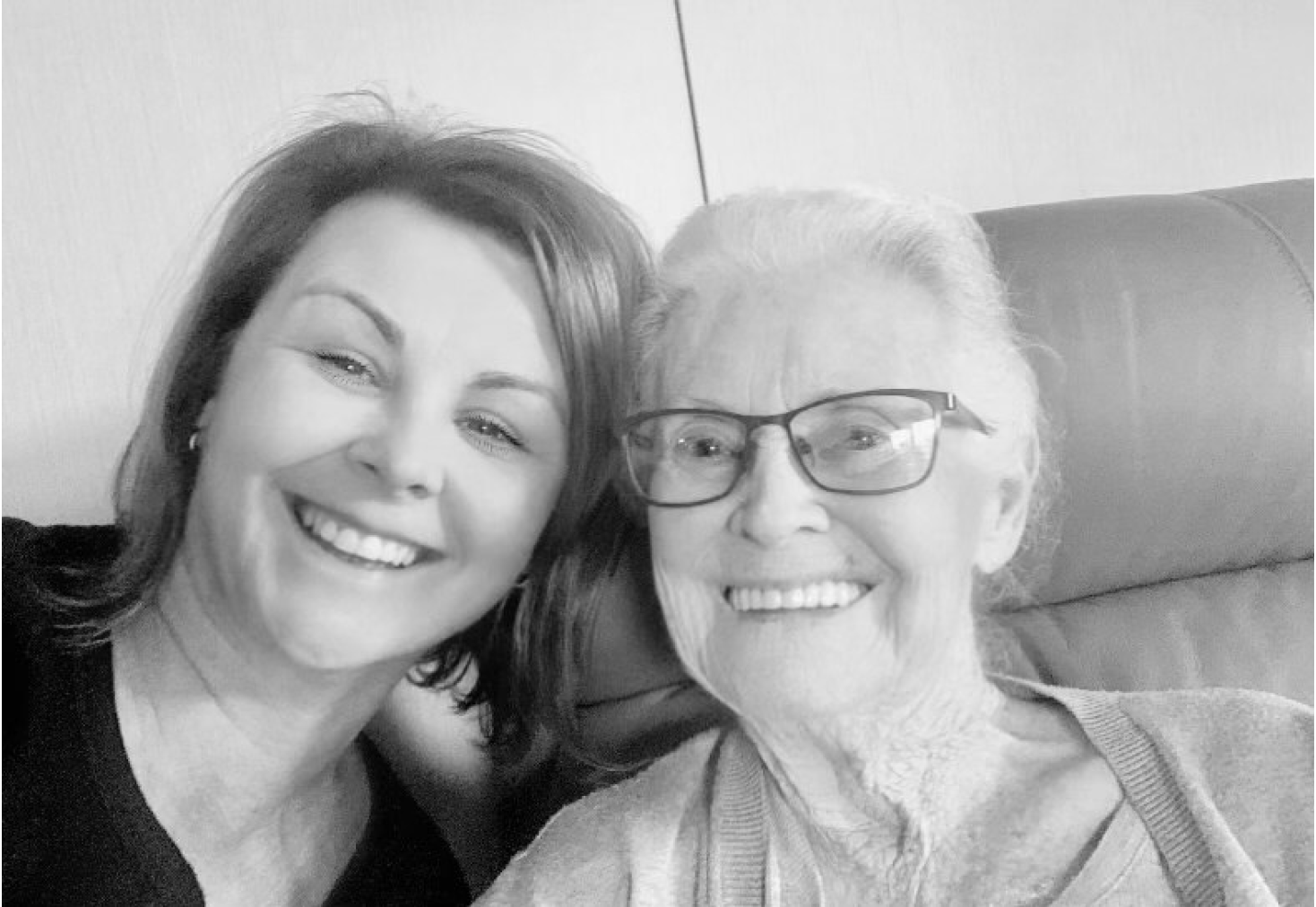Coping with the decision to move a loved one into Residential Aged Care
One of the hardest decisions that many family members or caregivers will ever face is whether Aged Care placement is in their loved one’s best interest. Health problems associated with older age can arrise rapidly and a higher level of assistance might be needed to provide adequate care. Staying at home unfortunately may no longer be the best or the safest option.
During the journey of having to plan for their loved ones, it is common for families or caregivers to experience feelings of guilt at some point. When you take on responsibility for another person, there is an enormous amount of pressure to consider all factors and make the best decisions regarding both their health and their finances.
Unfortunately, care decisions are very rarely black and white and having to decide to move a loved one into Residential Aged Care is a difficult choice to make.
There is no guarantee that you will make the right call in every situation. There are too many factors outside of our control and mistakes are part of human nature. We can only do our best by being equipped with the information and resources we need at the time of making these decisions.
Coping with the guilt of putting my Nan into Residential Aged Care.
I have had my own experience with the guilt of having to put a loved one into Residential Aged Care when I realised that my Nan’s health had deteriorated to a point that she could no longer stay in her home. She required access to more care than could be provided at home, and difficult decisions had to be made.
I couldn’t shake the feeling of guilt that I had let her down, as we had already spoken about her Aged Care Plan and the options available to her and she had expressed her decision to be able to remain in her home. Unfortunately, with her health changing this was no longer a viable option.
Securing a room at an Aged Care Facility that met her care goals and objectives was time-consuming, frustrating and at many times completely overwhelming.
I made sure I did the research needed and ended up visiting over 15 different facilities until I found one that felt right. I needed to be sure that the facility provided care services that recognised the rights of dignity and matched the values and beliefs of the residents and their families.
My Nan was terminally ill, and I needed to be confident that during her last few months she was still going to have the best quality of life possible.
Finding a suitable Aged Care Facility that will provide your loved ones with the care and engagement that they require at this stage of their life is the best situation for everyone and helps to put aside those feelings of guilt and regret. It’s a very difficult decision, and it takes time to come to terms with how ill your loved one is and to accept that they need a higher level of care than what you can provide.
The facility that I chose for Nan could not have been any better than what we had wished for. She often said that it was a blessing and was always grateful for the level of care and love she received from her carers.
Nothing was ever a problem and despite her diagnosis there were lots of great times and many laughs. Not only did the staff care for Nan but they also supported our family through some very hard days.
What many family caregivers don't realise is that your role doesn't end with Aged Care placement. You will still be part of their care team after your loved one become a permanent resident. They will still need you as their advocate, we need to accept this newly defined caregiver role and the benefits it provides.
Our team of Aged Care specialists are here to help
If you need support and assistance with securing Residential Aged Care Placement for your loved one, please contact us so we can help guide you through the process.
Call Carlie on 02 4962 4440 or email carlie@rethinkagedcare.com.au
This is a photo of myself and my Nan Rosemarie in her room at HammondCare.

